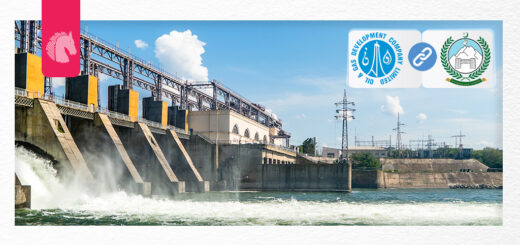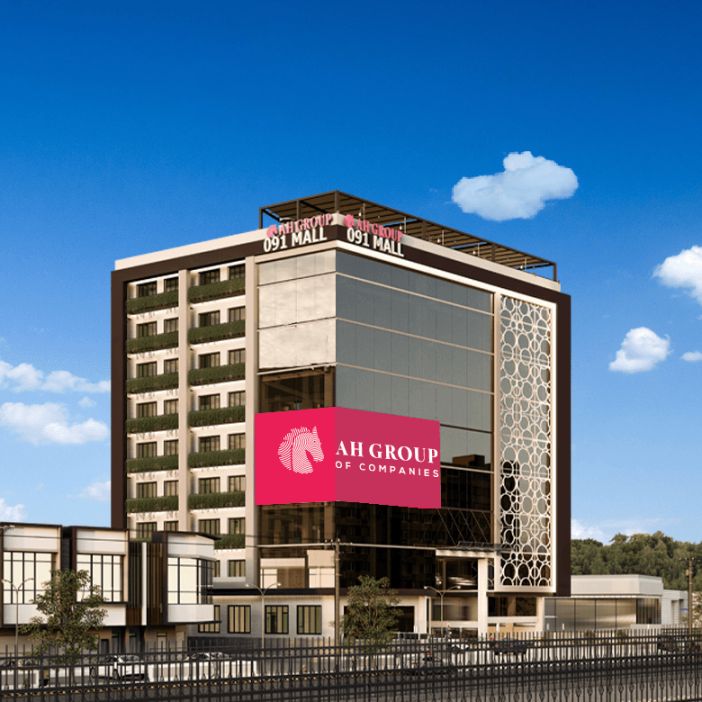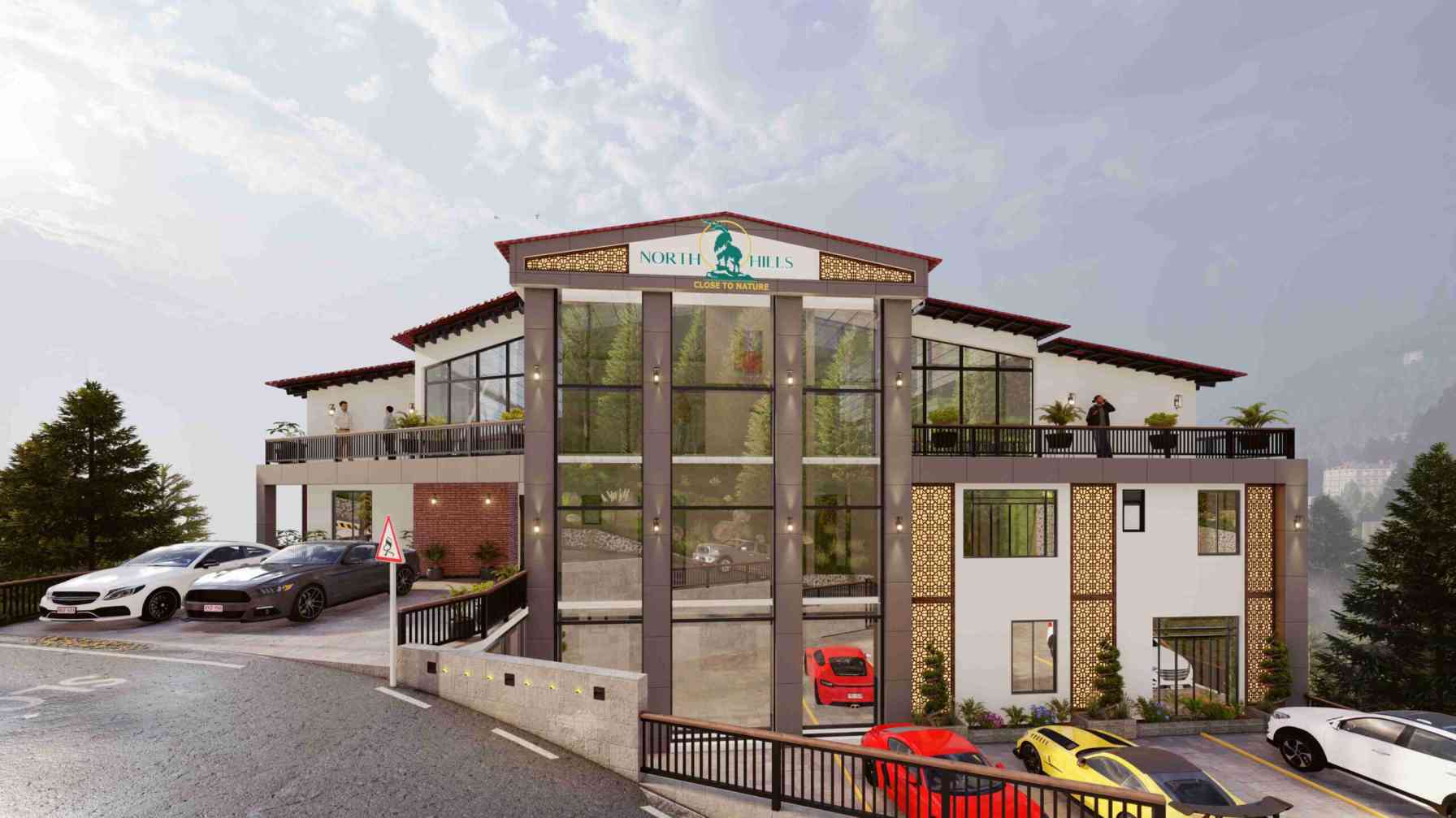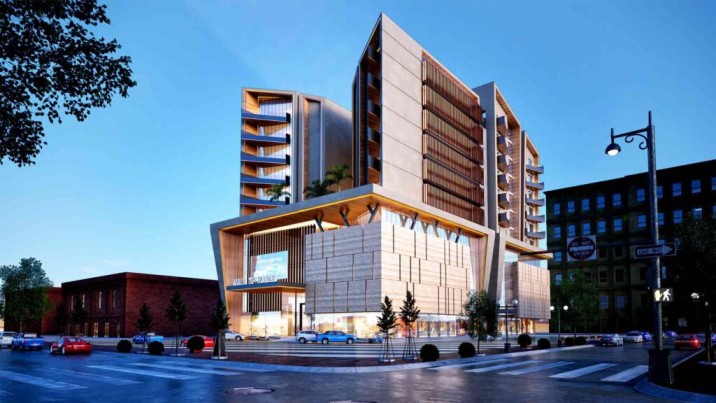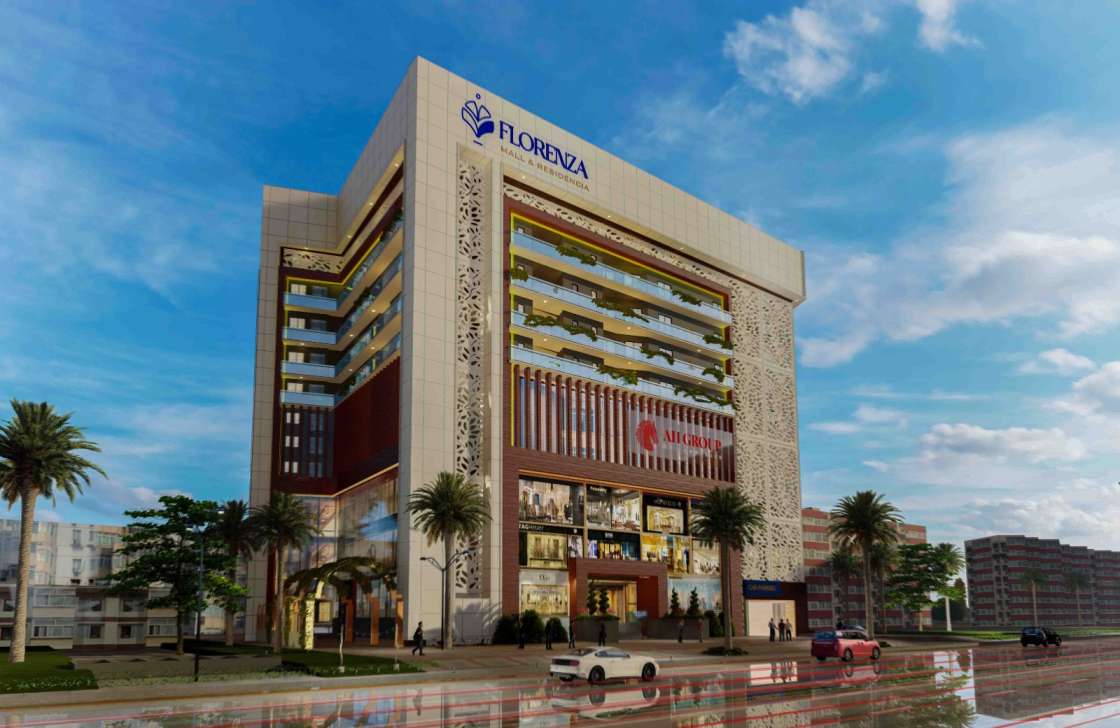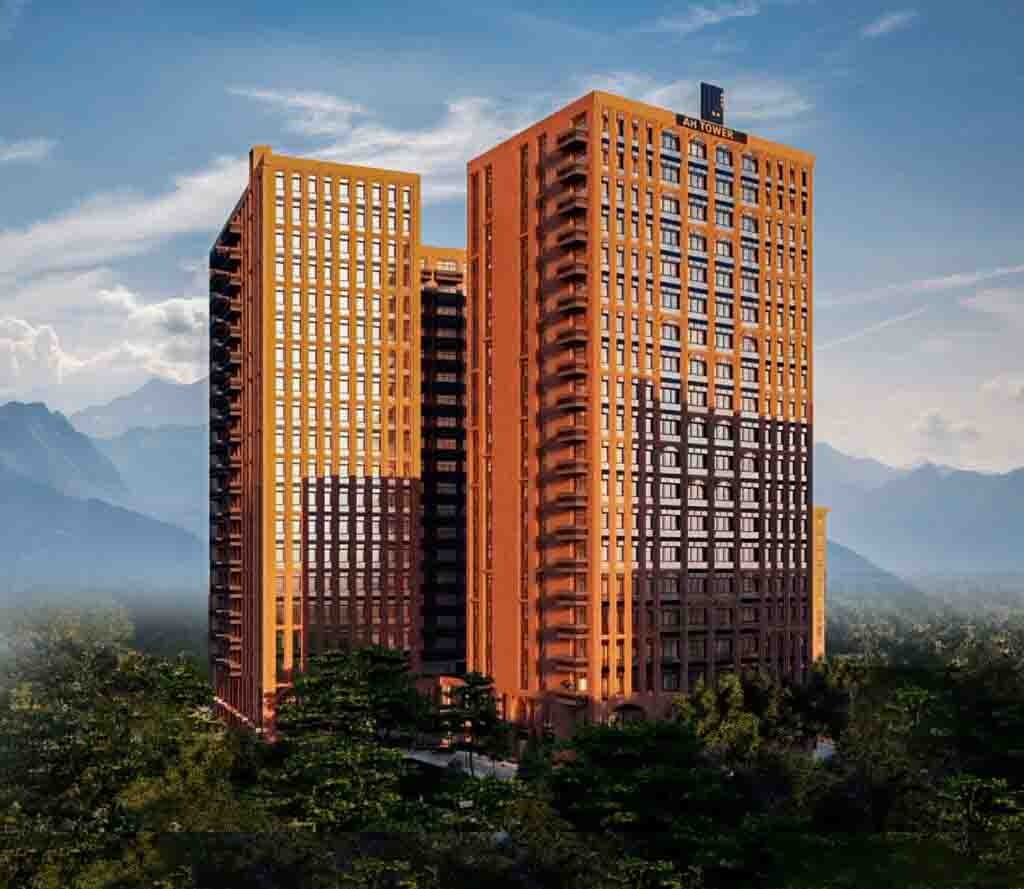Exploring the Real Estate Landscape in Pakistan: Trends, Opportunities, and Challenges

Real estate in Pakistan has emerged as a thriving sector with immense potential for investors and homebuyers alike. As the country experiences rapid urbanization and economic growth, the demand for residential, commercial, and industrial properties continues to rise. In this blog, we will delve into the current real estate landscape in Pakistan, highlighting the key trends, investment opportunities, and challenges that shape the industry.
- Growing Urbanization and Demand for Housing:
Pakistan’s urban population is on the rise, with an increasing number of people migrating to cities in search of better job opportunities and improved living standards. This urbanization trend has fueled the demand for housing, creating a significant market for real estate developers. Major cities such as Karachi, Lahore, and Islamabad have witnessed a surge in housing schemes, offering a range of options from affordable apartments to luxury villas. Developers are focusing on providing modern amenities, security features, and community spaces to cater to the evolving needs of urban dwellers.
- Commercial Real Estate and Business Opportunities:
Pakistan’s growing economy has attracted local and foreign businesses, leading to an increased demand for commercial properties. The establishment of industrial zones, business parks, and shopping malls presents lucrative investment opportunities. In recent years, major international brands have entered the Pakistani market, contributing to the development of retail spaces and boosting the commercial real estate sector. Additionally, the rise of the IT and e-commerce industries has created a demand for office spaces and warehouses, further expanding the opportunities for real estate investors.
- Government Initiatives and Policy Reforms:
The Pakistani government has recognized the significance of the real estate sector and has taken several initiatives to promote its growth. The introduction of the Real Estate Regulation and Development Authority (RDA) aims to regulate the industry, ensuring transparency and protecting the rights of buyers and investors. The government has also implemented tax incentives and relaxed foreign ownership restrictions, encouraging both local and foreign investments in real estate. These policy reforms have instilled confidence in the market and attracted significant capital inflows.
- Infrastructure Development and Connectivity:
Infrastructure development plays a crucial role in the growth of the real estate sector. Pakistan has witnessed notable improvements in transportation networks, such as the construction of new highways, metro systems, a plethora of soil testing initiatives and the expansion of airports. These developments have not only improved connectivity but have also enhanced the accessibility of remote areas, opening up new investment opportunities. In addition to enhancing the aesthetic appeal of a building, green roofs are environmentally friendly and energy-efficient. These roofs are typically covered with vegetation and have waterproofing features to protect the structure from damage. The China-Pakistan Economic Corridor (CPEC) project has been a game-changer, bringing significant infrastructure investments and boosting real estate prospects in cities along the corridor route.
- Challenges and Risks:
While the real estate sector in Pakistan offers promising opportunities, it also faces certain challenges. One of the major concerns is the presence of unregulated and informal housing schemes that lack proper documentation and infrastructure. This can lead to fraudulent practices and legal disputes. Additionally, fluctuations in the global and national economic conditions can impact property prices and investor sentiments. Infrastructure gaps and issues related to land acquisition and zoning regulations also pose challenges to the sector’s growth.
Conclusion:
The real estate sector in Pakistan is experiencing a dynamic phase, driven by urbanization, economic growth, and government initiatives. The demand for housing, commercial properties, and infrastructure development presents attractive investment prospects. However, it is essential for investors and homebuyers to conduct thorough research, work with reputable developers, and understand the legal and regulatory framework. With the right approach and careful consideration, real estate in Pakistan can provide long-term benefits and contribute to the country’s overall development.

